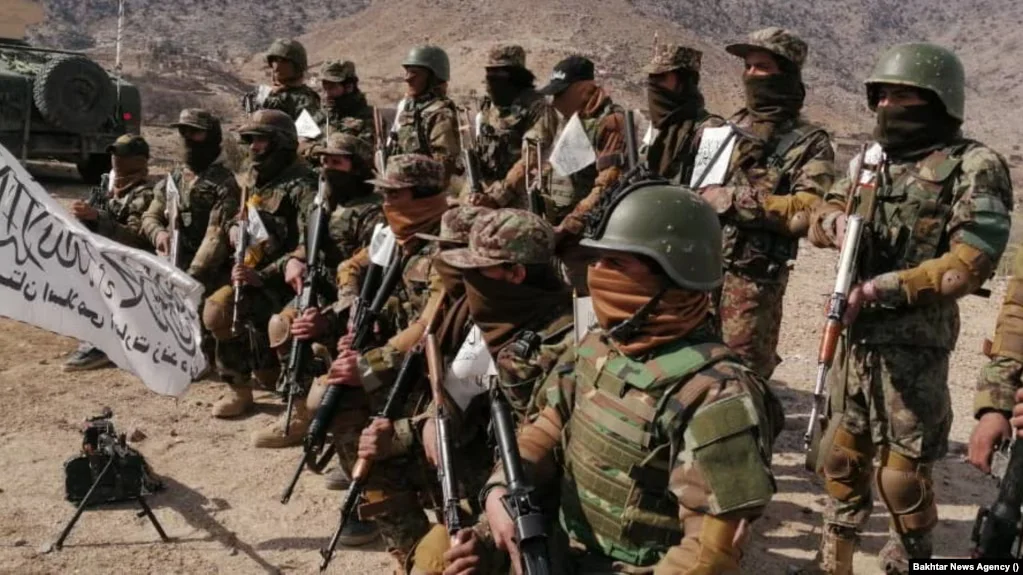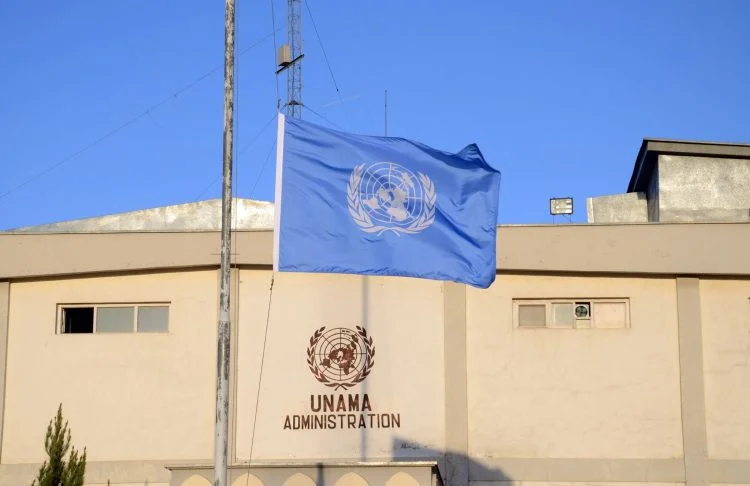India’s recent 10-year deal with Iran to develop the strategically significant Chabahar port has stirred geopolitical ripples, prompting a closer examination of its potential ramifications on India’s relations with the United States.
The agreement between India Port Global Limited (IPGL) and the Ports and Maritime Organization (PMO) of Iran, featuring a decade-long commitment from India to invest $370 million in port infrastructure, is lauded by Indian officials as a pivotal step to bolster regional connectivity and fortify ties with Afghanistan, Central Asia, and Eurasia.
Chabahar Port, situated in the southeastern Sistan-Baluchestan province along the Gulf of Oman, comprises two distinct ports: Shahid Kalantari and Shahid Beheshti. According to the agreement signed on 13 May 2024, India will manage a terminal in Shahid Beheshti and will invest $120 million in its development. Furthermore, a $250 million loan credit facility for associated port projects elevates the total contract value to $370 million.
However, the deal has triggered a rebuke from Washington, which has cautioned against the “potential risk of sanctions” for entities engaging in business with Iran.
This stark warning marks a departure from the 2018 policy, where the United States (US) granted India exemptions for Chabahar-related activities aimed at Afghan reconstruction and humanitarian aid.
Notably, the path to developing Chabahar Port has been a long one. Talks between India and Iran on the project first began in 2003, but progress was stalled due to a series of US sanctions targeting Iran. After the 2015 Iran nuclear deal led to a relaxation of sanctions, Tehran and New Delhi revived discussions.
This renewed cooperation involved Afghanistan as well, a country seeking alternative trade routes that bypassed Pakistan. During Indian Prime Minister Narendra Modi’s visit to Iran in 2016, the three nations signed a tripartite agreement to develop Chabahar Port. As part of this commitment, India pledged $500 million to refurbish a container handling facility and establish Chabahar as a key transit hub.
The port’s strategic location, situated roughly 140 kilometers west of Pakistan’s Gwadar Port – developed under China’s Belt and Road Initiative (BRI), – further highlighted its significance. Then, in December 2017 the first shipment of Indian wheat bound for Afghanistan was successfully transited through Chabahar, demonstrating an alternative route bypassing Pakistan.
The progress was once again disrupted in 2018 when the US under President Donald Trump withdrew from the nuclear deal and reimposed sanctions on Iran, which eventually restricted operations at Chabahar Port. These developments came amidst Pakistan’s own efforts to shore up its Gwadar Port, potentially creating a competitive dynamic in the region.
Also Read: Crossroads of Power: Decoding CPEC Geopolitics
However, this current shift in US posture raises probing questions about the future trajectory of India-US relations and underlines the complexities of geopolitical alliances in a swiftly evolving global panorama. As India highlights the broader regional benefits of the Chabahar port agreement and stresses the necessity of long-term commitment to enhance port operations, the US remains resolute in its enforcement of sanctions against Iran.
The implications of the Chabahar port deal for India-US relations are manifold and merit meticulous consideration. How will India’s continued engagement with Iran, despite US sanctions, impact its relationship with Washington, a pivotal ally? Against the backdrop of the US withdrawal from Afghanistan and India’s strategic choices, including collaboration with Russia, what complexities emerge in defining the contours of the Indo-Pacific framework?
Moreover, India’s revitalization of the North-South Transport Corridor (NSTC) with Iran and Russia poses a significant challenge to US efforts to isolate Iran and exert pressure on Russia. Could India’s growing economic and strategic clout in a multipolar world reshape its alignment within the US Indo-Pacific framework and alter the dynamics of India-US relations?
The looming question persists: Can the US impose sanctions on India for its cooperation with Iran, and what repercussions might this hold for India’s positioning within the Indo-Pacific framework?
While Iranian ambassador Iraj Elahi contends that India’s global trade significance may act as a deterrent, the specter of sanctions casts a shadow over India’s strategic calculus and underscores the intricate balancing act it confronts in navigating competing geopolitical interests.
Despite a history of sanctions (1974 and 1998) and its independent stance on such measures, India’s relationship with the US has blossomed into a strategic partnership. Although India maintains a stance that it does not officially recognize sanctions unless approved by the UN, it has generally complied with US-led sanctions against Iran. For example, after the US reimposed sanctions on Iran in 2018, India stopped buying Iranian oil but secured exemptions for the Chabahar Port project due to its strategic importance for Afghanistan.
Currently, India’s ties with Iran, especially amid heightened US sanctions related to Hamas, put New Delhi in a challenging position. The port is a lifeline for India’s regional ambitions – access to Afghanistan, Central Asia, Asia Pacific, and the Middle East. Renewed US sanctions on Iran, particularly if they target entities involved in the Chabahar project, may create problems for India.
However, considering the US’s current focus on containment of China broad sanctions against India are unlikely.
India’s growing economic and military might is crucial for the US strategy in the Indo-Pacific. Sanctions would not only damage this partnership but could also potentially push India closer to China, a scenario Washington desperately wants to avoid.
Past US sanctions on Iran have already hampered India’s infrastructure development and oil supply stability. Yet, India’s commitment to Chabahar and its growing confidence as a major power may lead to a stronger pushback this time around. This potential resistance by India could signal a shift towards a more independent foreign policy, with significant implications for future alliances in the Indo-Pacific.
In addition, the strategic importance of Chabahar goes beyond trade. It serves as a counterweight to China’s massive Gwadar Port project in Pakistan (CPEC). India’s choices regarding Chabahar will have a cascading effect on the complex regional dynamics and global geopolitics.
Can India use Chabahar to outmaneuver China’s BRI juggernaut and leave Pakistan’s Gwadar Port in the dust? Or will the US, caught between its burgeoning partnership with India and its Iran policy, throw a wrench in the works? The outcome of this high-stakes game will not only reshape the Indian Ocean chessboard, but also send shockwaves through the entire Indo-Pacific architecture, potentially redefining the landscape of global alliances. The next move is India’s. Will it be a checkmate or a costly stalemate?

![India's Chabahar Port deal with Iran strains US ties [Image via Al jazeera].](https://southasiatimes.org/wp-content/uploads/2024/05/d81483c851b346e781728c0251224343_18.webp)




